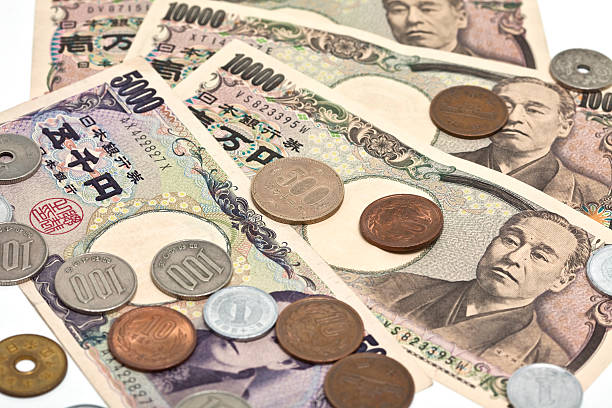Understanding the Yen Carry Trade Blowback: Strategies for Indian Investors
Understanding the Yen Carry Trade Blowback: Strategies for Indian Investors

In recent days, global stock markets have experienced significant turbulence due to a phenomenon known as the “yen carry trade” unwinding. The Japanese yen has surged in value, causing panic among investors who had been relying on Japan’s historically low interest rates. This market shake-up has raised concerns for investors worldwide, including those in India. Let’s delve into the yen carry trade, understand its impact on the markets, and explore what Indian investors can do to navigate these volatile times.
What is the Yen Carry Trade?
The yen carry trade is a popular investment strategy that involves borrowing money in Japanese yen, which historically has had very low interest rates, and then investing those funds in assets or currencies with higher returns elsewhere. For many years, this strategy allowed investors to profit from the interest rate differential between Japan and other countries.
Why the Yen Carry Trade Unwinding Matters
Recently, the Bank of Japan surprised global markets by raising its interest rate from near-zero to 0.25% — the first such increase in 17 years. This unexpected move has caused the yen to appreciate sharply, resulting in substantial losses for investors engaged in the carry trade. As they scrambled to unwind their positions, this triggered a mass sell-off of yen-funded investments, leading to a sharp decline in global stock markets.
Impact on Global and Indian Markets
The sudden appreciation of the yen has resulted in significant sell-offs in global stock markets, with Japan’s Nikkei index bearing the brunt of the losses. In India, major indices like the Sensex and Nifty 50 have also experienced heavy sell-offs due to panic triggered by the unwinding of the yen carry trade.
Indian markets have been affected by the ripple effects of global economic concerns, such as the possibility of a U.S. recession and geopolitical tensions. The combined pressure of these factors has intensified the impact of the yen carry trade unwinding on Indian investors.
What Should Indian Investors Do Now?
Given the current market volatility, Indian investors should adopt a cautious and well-thought-out strategy. Here are some steps to consider:
Diversify Your Portfolio: Diversification is key to managing risk in turbulent times. Spread your investments across different asset classes such as equities, bonds, and commodities to mitigate potential losses.
Stay Informed: Keep a close eye on global economic developments, especially central bank policies and interest rate changes. Being informed can help you make timely investment decisions.
Reassess Risk Tolerance: Evaluate your risk tolerance and adjust your investment strategy accordingly. If you have a low-risk tolerance, consider shifting some investments to safer assets.
Focus on Quality Stocks: In times of market volatility, quality stocks with strong fundamentals and stable earnings can provide a measure of safety. Consider investing in well-established companies with a track record of resilience.
Long-term Perspective: Market volatility is often short-lived. Maintaining a long-term investment perspective can help you weather short-term market fluctuations.
Consult Financial Advisors: Seek advice from financial experts or advisors who can provide personalized guidance based on your financial goals and risk profile.
Conclusion
The unwinding of the yen carry trade has created a challenging environment for investors globally, including those in India. By understanding the underlying causes and adjusting investment strategies accordingly, Indian investors can better navigate the current market volatility. Remember, staying informed and maintaining a diversified portfolio are crucial steps in protecting your investments during uncertain times.









